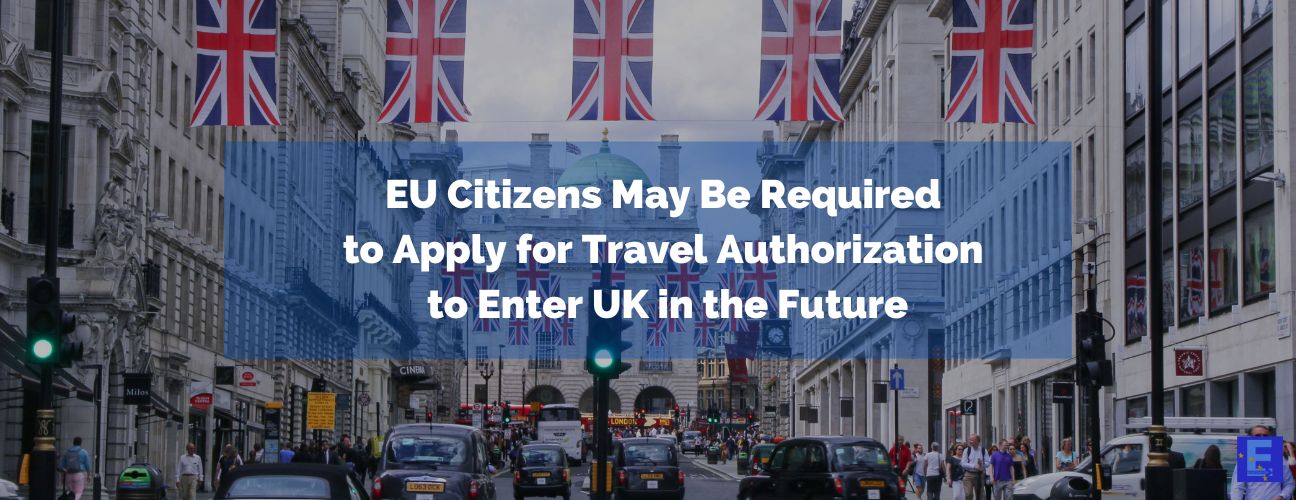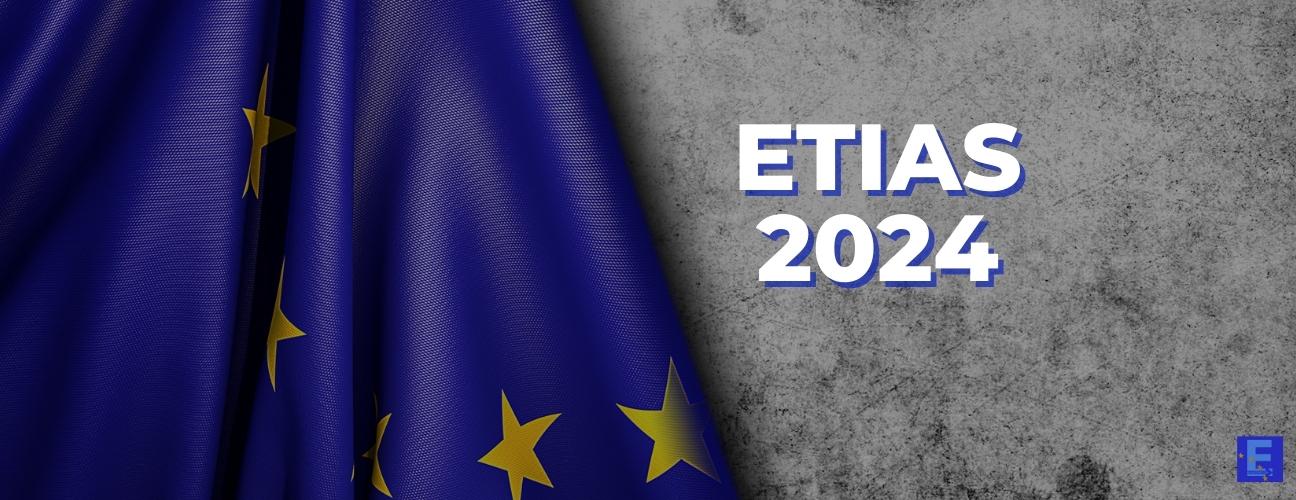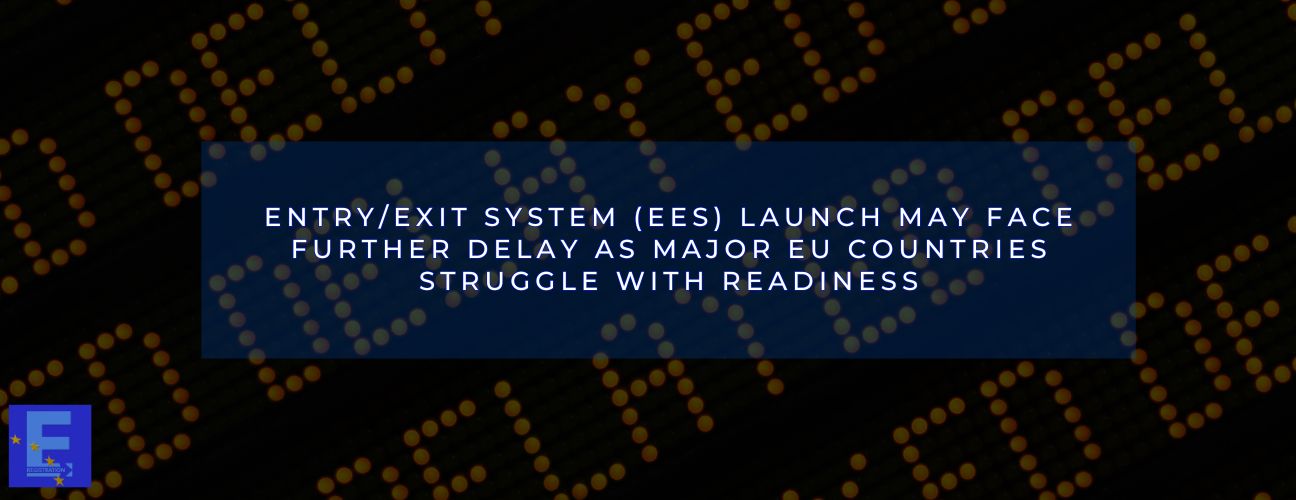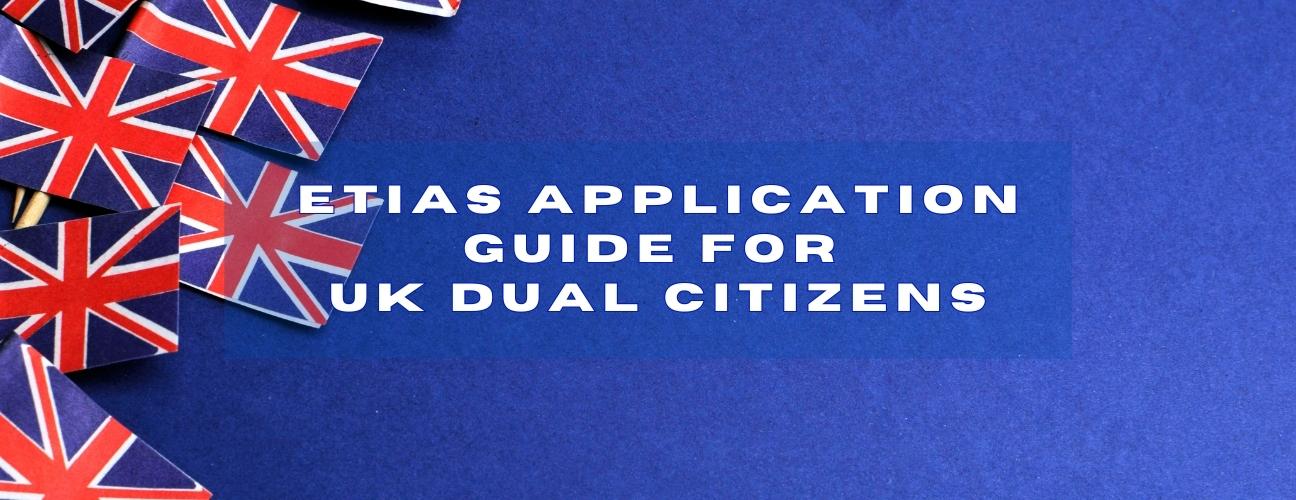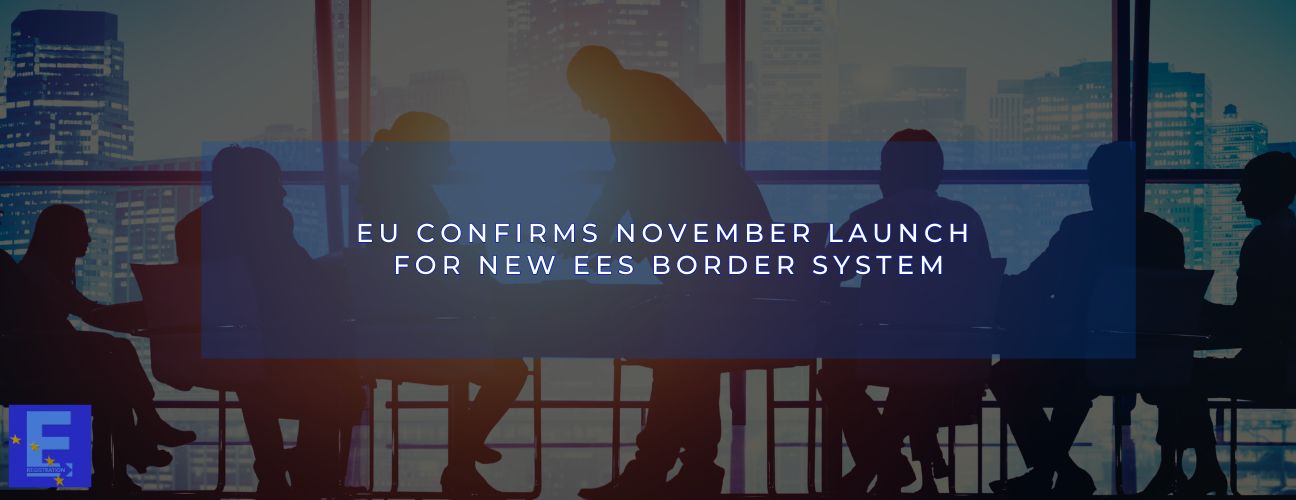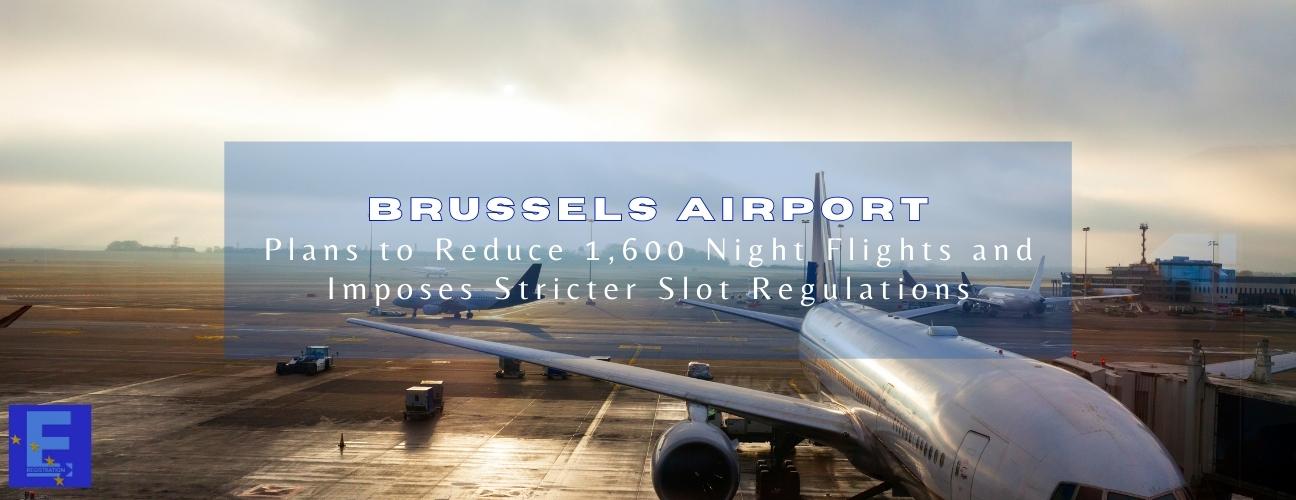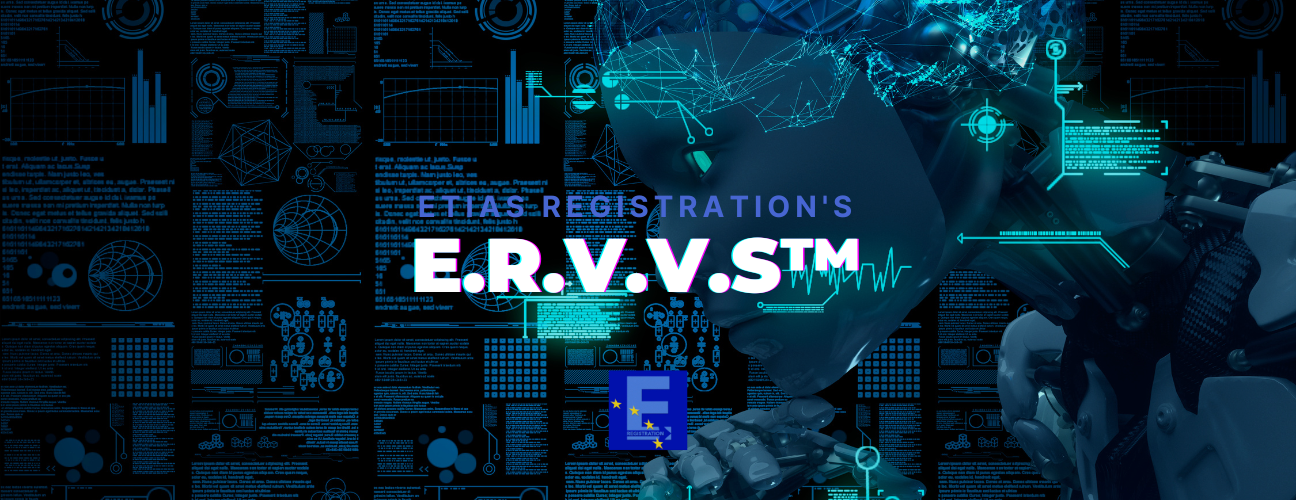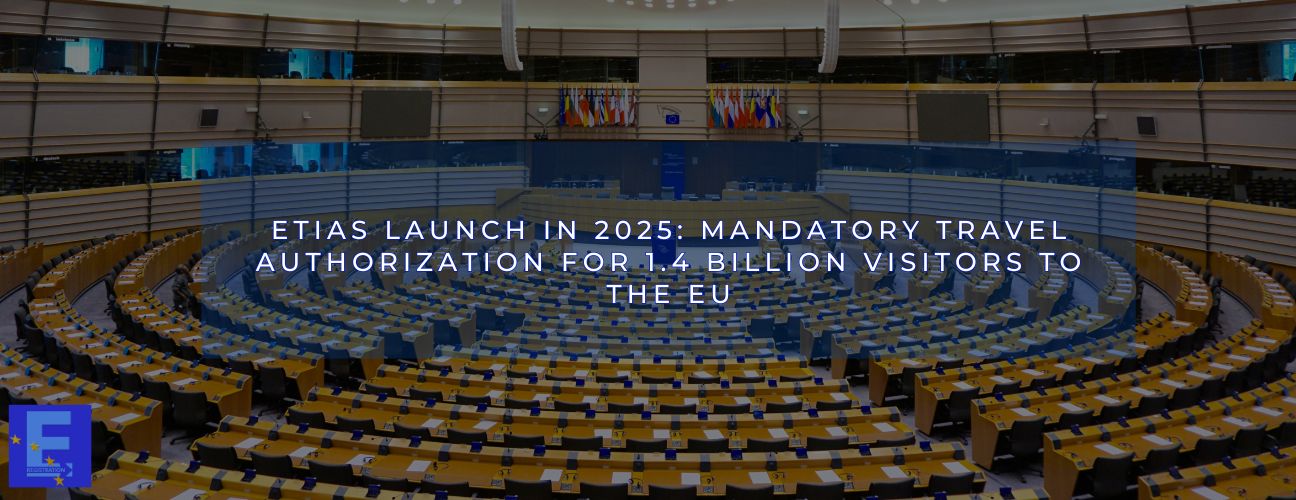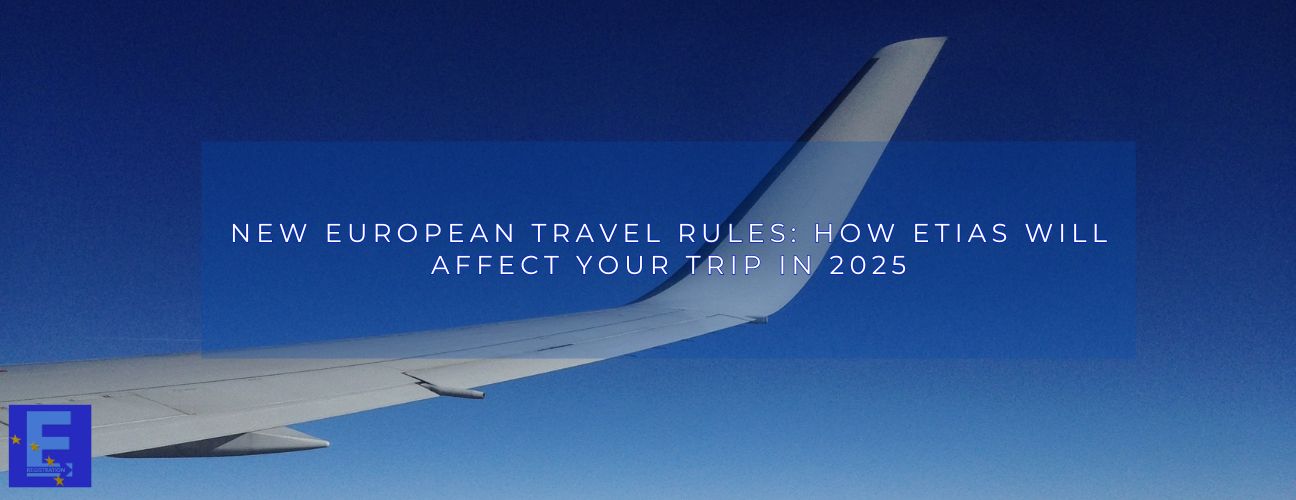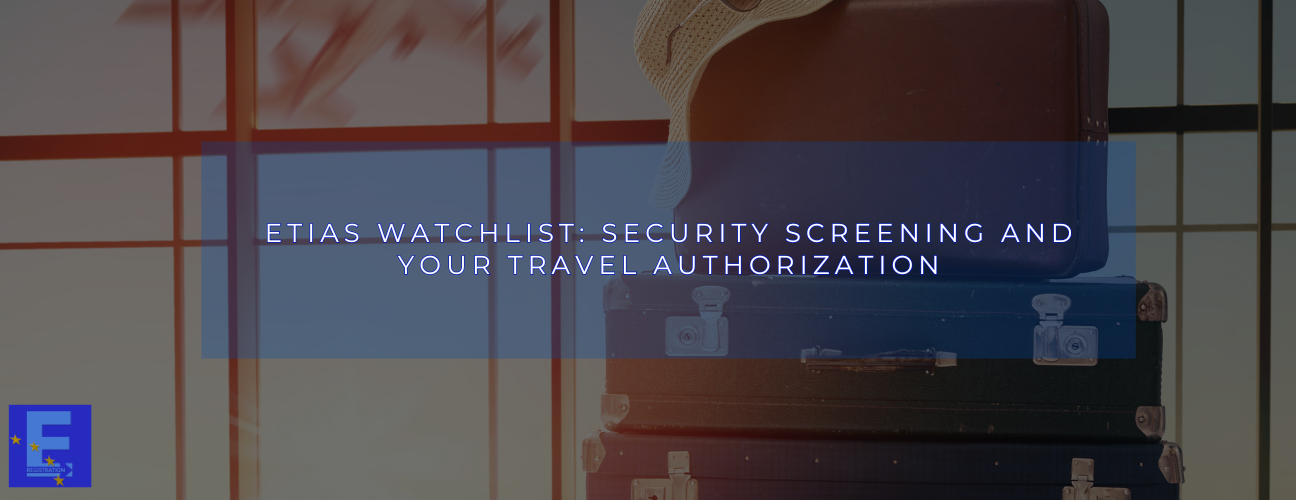The EU's entry/exit system (EES) for non-EU citizens visiting for short stays was created to tighten border security and enforce the 90-day limit for tourists and visitors. The system requires non-EU nationals to register and have biometric data, including fingerprints, taken at the border upon their first entry into the Schengen area. The EES will allow for automatic scanning of passports, replacing the traditional manual stamping done by border guards. The data collected from non-EU nationals will be stored in a centralised database shared among the Schengen countries.
However, the EES's implementation has faced several delays, with infrastructure changes at external borders, including airports, and the setting up of a new digital system to connect authorities in participating countries, proving challenging. Several EU member states have also expressed concerns about possible travel disruptions and congestion, with a delay in the system's implementation seeming more likely.
The French government has taken this concern one step further, requesting a postponement of the EES until after the Paris Olympics in 2024, citing possible travel chaos and airport congestion during the large-scale event. With ten million tickets up for grabs for events at the Olympics and thousands of athletes taking part, the French have reasonable concerns over the influx of visitors set to arrive in France for the sporting bonanza. The EU is currently deliberating on the request, and a decision is yet to be made.
While a delay in the EES's implementation may come as a relief to those concerned about travel disruptions, it may impact the launch of the European Travel Information and Authorisation System (ETIAS). The ETIAS requires non-EU citizens that do not need a visa to pre-register before arrival. Originally planned to go live in November 2022, the ETIAS has been delayed to 2024, with a delay in the EES's implementation pushing this date further back.
Despite the challenges and delays, the EU remains committed to implementing these systems to ensure the safety and security of its citizens and visitors. The upgraded Schengen Information System (SIS) has already entered into operation, providing information on wanted or missing persons, non-EU citizens with no legal right to stay in the EU, and lost or stolen objects, including identity documents. While these new EU border management measures may face continued setbacks, it's clear that the EU is determined to push forward and ensure that these systems are put in place as soon as possible.




